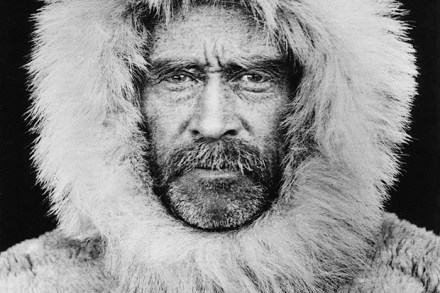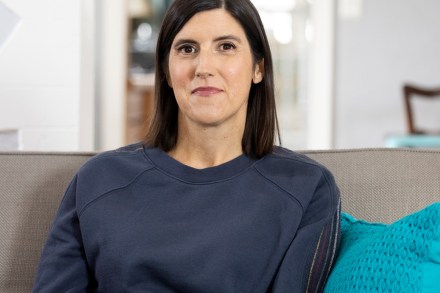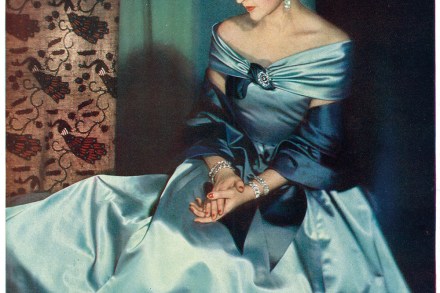Why we never tire of tales of pointless polar hardship
I’m not altogether a fan of what the writer Sara Wheeler has called the Big Willie school of expeditions. ‘To me,’ I once intoned loftily, ‘exploration is not about conquering nature or planting flags or going where no one’s gone before in order to make a mark. Rather the opposite.’ It’s more about a spirit




















